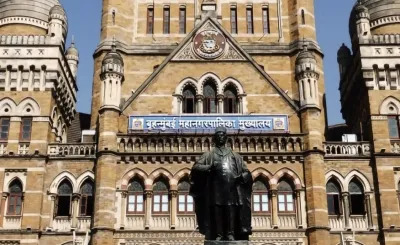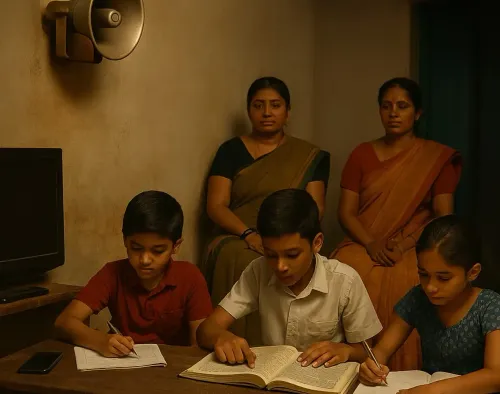Did the SC Order Local Body Elections in Maharashtra?

Synopsis
Key Takeaways
- Supreme Court mandates local body elections in Maharashtra.
- OBC seat reservations reinstated as per prior regulations.
- SEC has a strict timeline for notifying elections.
- Triple test for OBC reservations must be fulfilled.
- Government's justification for political reservation emphasized.
New Delhi, May 6 (NationPress) In an interim directive issued on Tuesday, the Supreme Court mandated the Maharashtra government along with the State Election Commission (SEC) to conduct local body elections within the state, ensuring that seats for OBCs are reserved as they were before the 2022 J.K. Banthia commission.
A panel comprising Justices Surya Kant and N.K. Singh instructed the SEC to announce the local body elections within a four-week timeframe and urged the state electoral body to strive to finalize the election procedure within four months.
Justice Surya Kant’s Bench clarified that the SEC may seek an extension if necessary, while emphasizing that the elections will be contingent upon the results of ongoing petitions contesting the Banthia commission's recommendations.
Previously in August 2022, a bench led by then Chief Justice of India N.V. Ramana had instructed the Maharashtra government and the SEC to retain the status quo regarding the electoral process for local bodies in the state.
In a ruling from July 2022, the Supreme Court had acknowledged the Banthia Commission's recommendations for implementing a 27 percent OBC reservation in Maharashtra's local body elections, commanding that elections be announced within a fortnight.
In December 2021, the apex court had declared that reservations for OBCs in local bodies would not be permissible unless the government satisfied the triple test outlined in a 2010 ruling. This includes establishing a dedicated commission to gather empirical data on the OBC populace, defining the reservation ratio, and ensuring that the total reserved seats do not exceed 50 percent of the overall seats.
The Maharashtra government had introduced the reservation through an ordinance in 2021, arguing that it was constitutionally justified to provide political representation to OBCs, ensuring their participation within governmental frameworks.










